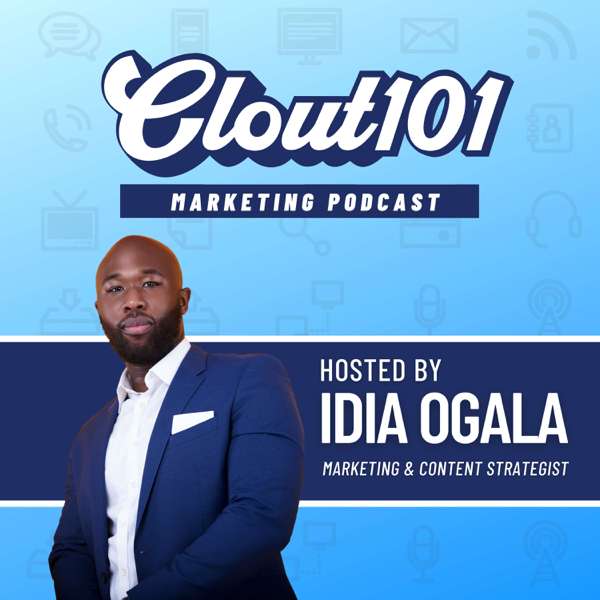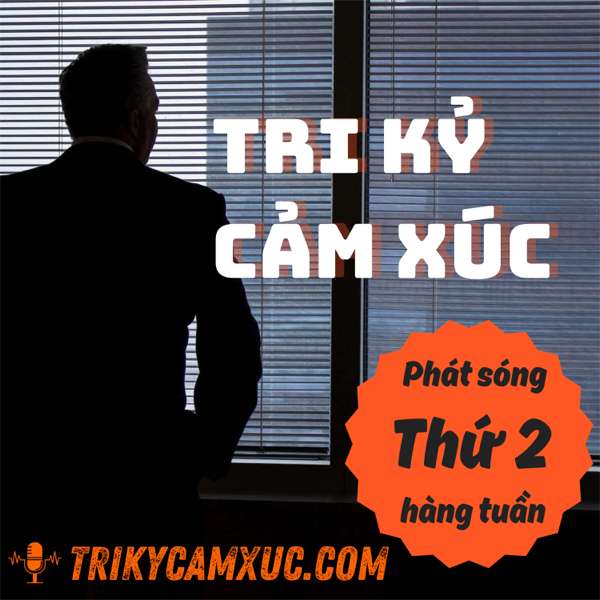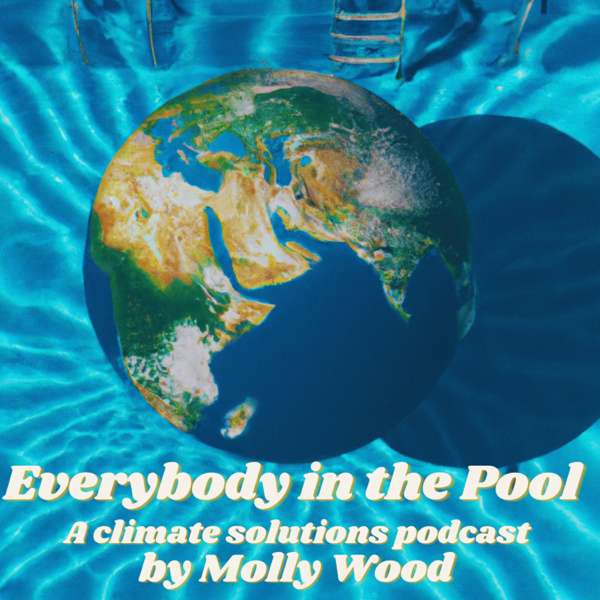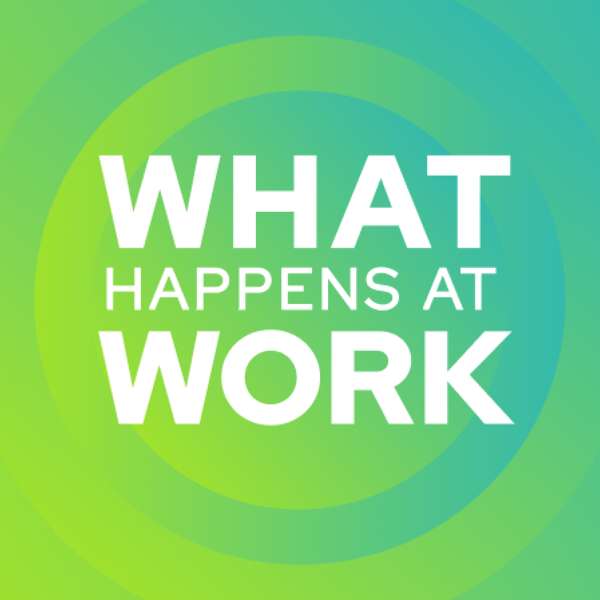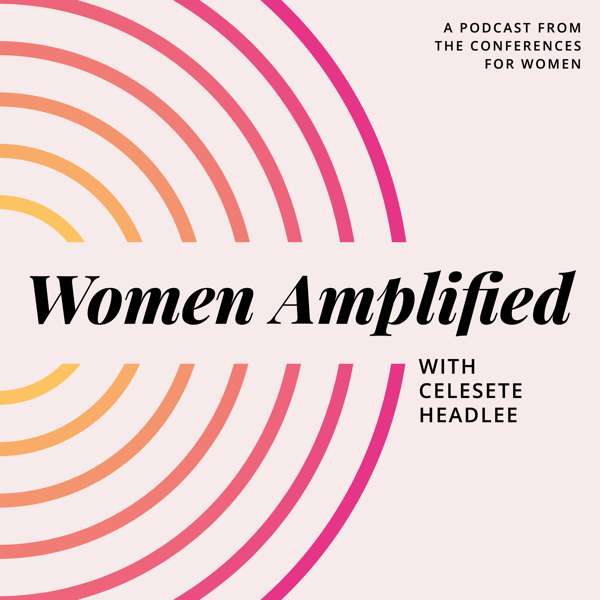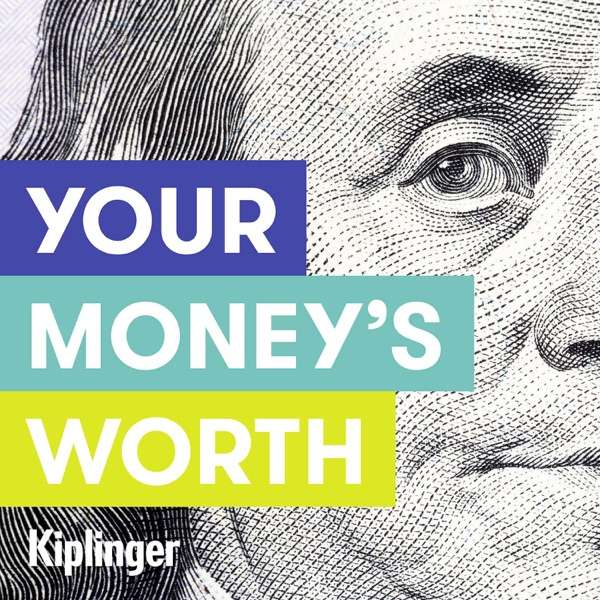Some of us are having a hard time making sense of why, in the last two decades, nonprofits have lost the support of twenty-million donors; and we don’t understand the appeal of donor advised funds, giving circles, and direct giving as alternatives to the traditional pathways that our charities create. I would insist that these and other trends are the effects of a mischaracterization of the donor and their growing intolerance for a role that they never agreed to play.
Where did the idea that our donors should behave like passive, predictable consumers come from?
In making sense of how this mischaracterization of the donor evolved, I have found Jon Alexander’s, Citizens: Why the Key to Fixing Everything is All of Us, especially helpful. Jon’s book gives us a critical lens through which to understand why our organizations have become what Robert Putnam called, “mailing list organizations” and, as one of my guests has described, why our sector has become so CRM-centric.
Jon’s book affords us a useful framework for what I believe will need to change in order for our professional community to actually achieve many of the higher aspirations that have been called for recently. Calling for change, without demonstrating a willingness to change the nature of our relationships, is just blowing smoke.
Jon’s book challenges us to recognize that our identities as consumers have been failing us for quite some time, and the fundraising community is no exception to these disappointments. Jon explains, “…the Consumer Story is collapsing under the weight of its own contradictions, and the Citizen Story is emerging. People are dissatisfied with being mere Consumers, yearn for deeper agency even though we lack the words to express it, and have an innate if imprecise sense that authentic participation holds the key to a brighter future.”
For those who want to make sense of the mischaracterization that we have assigned our donors and how its effects have become so pervasive and detrimental to our efforts, today’s podcast conversation is a great place to start. In our conversation, Jon helps us see how the allure of Effective Altruism, the use of the hero story, and the inclination to create menus are all indicators that we’re collectively stuck in the consumer story.
As always, we are grateful to our friends at CueBack for sponsoring The Fundraising Talent Podcast.
We’re trying something new. The Butterfly Effect, our new publication on Substack, is where we make sense of the ideas and opinions that inform our consulting practices at Responsive Fundraising. Every week we will guarantee for our subscribers a thoughtful, long form article that will challenge how we think about contemporary fundraising practices. We would be delighted if you would subscribe.
This is a public episode. If you would like to discuss this with other subscribers or get access to bonus episodes, visit
fundraisingtalent.substack.com
 Our TOPPODCAST Picks
Our TOPPODCAST Picks  Stay Connected
Stay Connected


